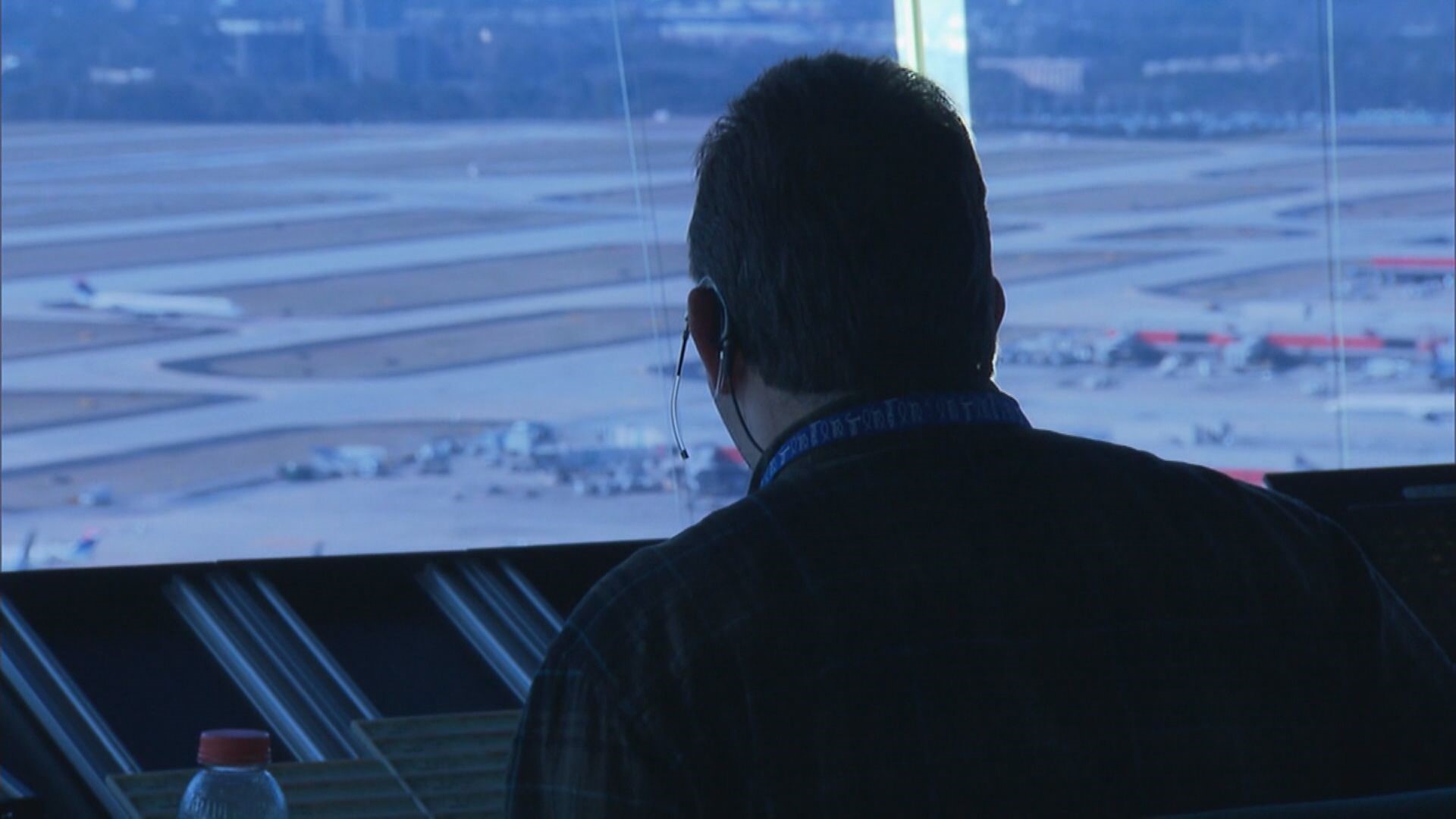DENVER — Soon, air traffic controllers will be required to get more time off between shifts. New Federal Aviation Administration rest rules are designed to help deal with burnout and stress on the job, but experts warn these changes could make things worse.
Air traffic controllers are understaffed, overworked and stressed out.
"When you have air traffic controllers, just like pilots or flight attendants or even mechanics who are stressed, who are fatigued, mistakes will happen," 9NEWS Aviation Expert Gregory Feith said.
The FAA announced the new rest rules after a wave of near misses and close calls at airports. Starting about three months from now, they'll require 10 hours off between shifts, and 12 hours off before a midnight shift.
"Controllers, just like pilots and flight attendants, are working long days. And because of this now shortage, that stresses the system," Feith said. "And so while the extended rest rules are a great start, I don't think they're an end all. They're not the total fix."
Feith worries these rest rules could make the staffing shortage even worse.
"Shortening it so that you require more rest is great in one theory, but it can cause a shortage because now, those people are off the boards for a longer period of time and we just don't have the manpower to gap-fill a lot of those positions," Feith said.
The National Air Traffic Controllers Association agreed.
"For more than a decade, NATCA has been sounding the alarm about the FAA’s staffing shortage and the fatigue and stress that places on the hardworking controllers we represent," the association said in a statement. "NATCA is concerned that with an already understaffed controller workforce, immediate application of the Administrator’s new rules may lead to coverage holes in air traffic facilities’ schedules. These holes may affect National Airspace System capacity. Requiring controllers to work mandatory overtime to fill those holes would increase fatigue and make the new policy nothing more than window dressing."
Feith said what will really give them the rest they need is hiring and training more controllers.
"The end-all is really getting the hiring pool filled again with qualified candidates so that we can relieve stress on the entire system," Feith said.
He said expanding air traffic control training beyond just Oklahoma City could help the FAA hire and train more workers. He also said reaching out to universities with controller training programs, like Embry-Riddle and MSU Denver, could help make it easier to bring on qualified candidates.
The FAA has been trying to fill that need.
Last year, they hired 1,500 new air traffic controllers. This year, they're aiming for 1,800, a goal the FAA says they're on track to meet.
But with demand for air travel rising, Feith said more controllers are needed and soon.
"We don’t have enough. And the aviation system is growing and we expect it to grow into the future. I mean we’re talking 20-25,000 pilots needed over the next 20-plus years," Feith said. "As the aviation system grows, of course, air traffic control grows. And so we've really got to try and get ahead of that curve and try and get qualified candidates into the pool."
SUGGESTED VIDEOS: Latest from 9NEWS

